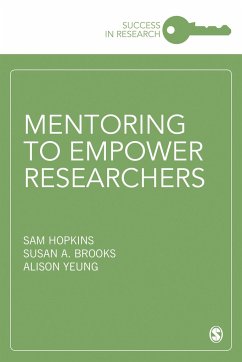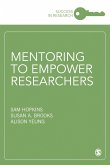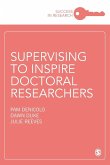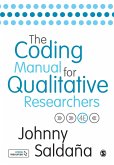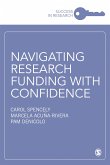Mentorship can be a rewarding experience for both the mentor and the mentee. Within this context, this book provides guidance on how to set up mentorship programmes in your institutions, and the skills of an effective mentor, including:
Mentorship for transition points,
Skills development needed for publication, funding application and networking,
Mentorship for performing supervision duties.
This is a practical and easy-to-use guide that draws on the editors extensive experience, and an invaluable tool for practitioners, career advisors and academics working in research and skills development.
Mentorship for transition points,
Skills development needed for publication, funding application and networking,
Mentorship for performing supervision duties.
This is a practical and easy-to-use guide that draws on the editors extensive experience, and an invaluable tool for practitioners, career advisors and academics working in research and skills development.
This is a genuinely helpful, approachable and timely contribution to the field of mentoring, which is rightly gaining recognition for its benefits to Higher Education in the UK and internationally. The book is oriented towards practical usage by individuals who are looking to develop and hone key aspects of their skills for a variety of professional reasons (at all stages of their academic careers) and also Higher Education Institutions, not least in respect of the provisions that are made for staff (and doctoral researcher) development and training. While the book can usefully and enjoyably be read from cover-to-cover, it also has the added benefit of being structured in a way that lends itself to use as a ready reference tool, when looking for guidance and advice on any one of a broad range of topics associated with mentoring that it addresses. The book covers topics that will intuitively be familiar to readers who are interested in matters relating to mentoring but then extends this into less familiar territory and thereby challenges its readers to think broadly and flexibly about the range and scope of uses to which a mentoring-based approach can be put, such as in the case of Mentoring to Support Cultural Adaptation, and also Reverse Mentoring.
Michael Rayner 20190828
Michael Rayner 20190828

